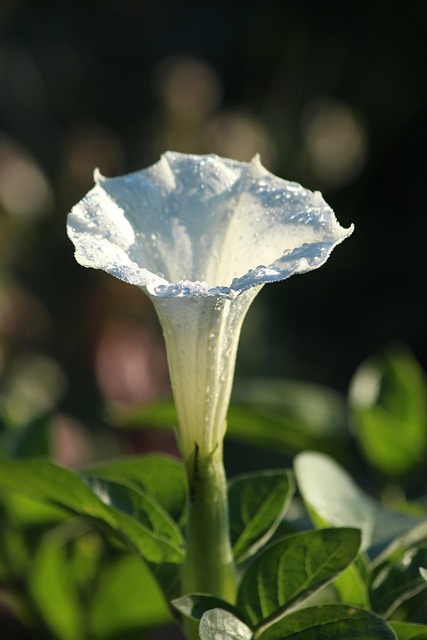THCA, or tetrahydrocannabinolic acid, is a non-psychoactive cannabinoid found in the Cannabis sativa plant, which is legal in Alaska under state regulations as long as it contains less than 0.3% THC by dry weight, aligning with federal hemp guidelines. In Alaska, THCA flower has become a focus for both medical and recreational users due to its potential health benefits and its status as the precursor to THC. The legal distinction is crucial, as it differentiates THCA from higher THC content cannabis products, which remain subject to different regulations. Consumers in Alaska can legally purchase THCA flower from licensed dispensaries or retail outlets, with caution advised regarding potential side effects such as dry mouth and red eyes. It's important for users, especially newcomers, to start with modest doses and be aware of the possibility of more severe reactions like dizziness or heightened anxiety. As THCA gains attention for its therapeutic properties, including anti-inflammatory and analgesic effects, it's essential for individuals to comply with state regulations and seek healthcare professional advice if they are on other medications. The legal status of THCA in Alaska provides a framework for safe usage and exploration of its wellness applications, with ongoing research potentially expanding its role in holistic medicine.
Exploring the nuances of THCA flower, this article unravels its legal stance in Alaska and delves into its potential side effects, offering a comprehensive guide on safe consumption. With a focus on the scientific aspects of THCA and its implications for health and wellness, readers will gain insights into the transformative properties of this cannabinoid and how it fits within legal frameworks, particularly in Alaska. Understanding the intricacies of THCA flower is essential for informed usage and responsible enjoyment.
- Understanding THCA Flower and Its Legal Status in Alaska
- Potential Side Effects of THCA Flower Consumption
- Dosage and Safety Considerations When Using THCA Flower
- The Science Behind THCA and Its Implications for Health and Wellness
Understanding THCA Flower and Its Legal Status in Alaska
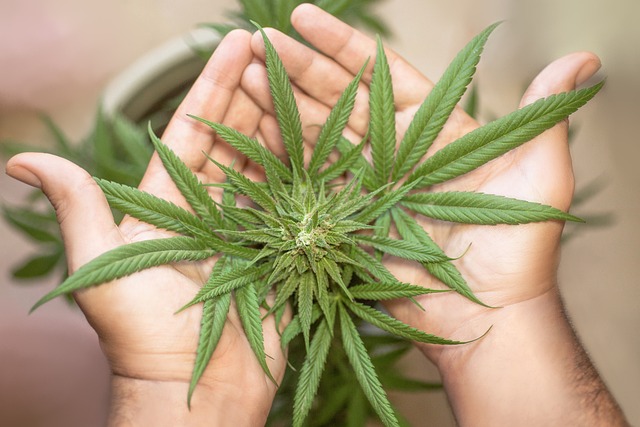
In the realm of cannabinoids, Tetrahydrocannabinolic Acid (THCA) is a compound that garnered significant attention due to its potential health benefits and effects. THCA is the non-psychoactive precursor to THC, the primary psychoactive component found in cannabis. As of recent legislation, understanding THCA flower and its legal status in Alaska has become increasingly important for both medical and recreational users. In Alaska, THCA flower is legal, provided it adheres to state regulations which dictate that it must contain less than 0.3% THC on a dry weight basis to be classified as hemp and thus legally permissible. This distinction is crucial, as it differentiates the legality of THCA flower from other cannabis products with higher THC concentrations. The state’s regulatory framework ensures that consumers have access to THCA-rich products while maintaining clear guidelines for compliance. Alaskan residents and visitors can legally purchase and possess THCA flower from licensed dispensaries or retail outlets, making it a viable option for those interested in the potential wellness benefits associated with this cannabinoid without the psychoactive effects typically found in THC-rich products.
Potential Side Effects of THCA Flower Consumption
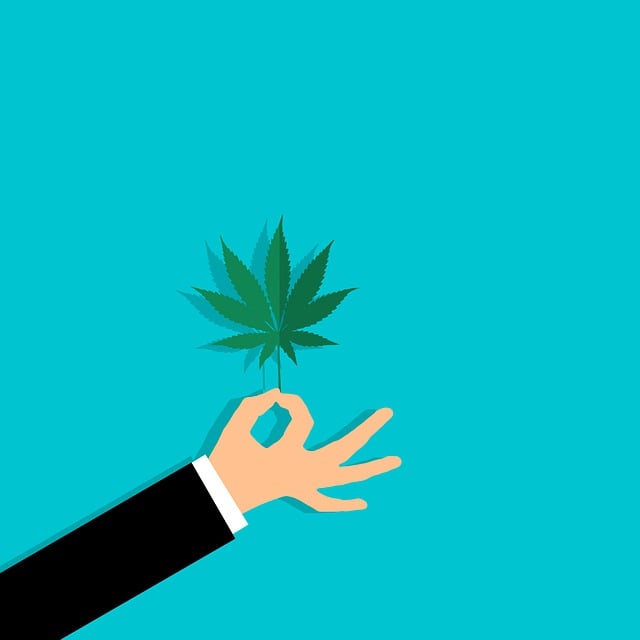
THCA, or tetrahydrocannabinolic acid, is a non-psychoactive cannabinoid found in the Cannabis sativa plant that retains its psychoactive properties once decarboxylated. While THCA itself is legal in Alaska under state law, consumers should be aware of its potential side effects upon consumption. Reports suggest that individuals may experience minor side effects such as dry mouth and red eyes when consuming THCA flower. These effects are generally considered mild and temporary, often subsiding as the individual becomes accustomed to the compound or lowers their dosage. However, more pronounced side effects can occur in some cases, including dizziness, altered perception, or anxiety, particularly among those new to cannabis products or sensitive to its effects. It is important for users to start with small doses and observe how their body reacts before increasing consumption. Additionally, as THCA legal status varies by state and federal law, consumers in Alaska should adhere to local regulations and guidelines when using these products.
Dosage and Safety Considerations When Using THCA Flower
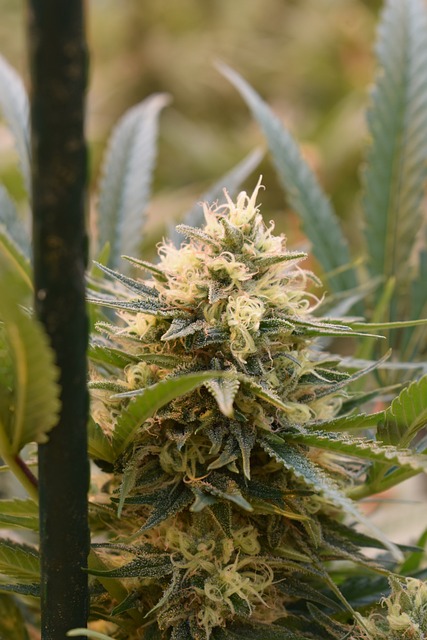
Delta-9 tetrahydrocannabinolic acid (THCA) is the non-psychoactive precursor to the well-known delta-9 THC found in cannabis. As such, THCA flower has garnered attention for its potential therapeutic benefits. In states like Alaska, where THCA is legal, consumers are increasingly curious about its use. When incorporating THCA flower into one’s wellness regimen, it is imperative to consider dosage and safety parameters to avoid adverse effects. The recommended starting dose typically ranges from 1 mg to 5 mg per day for new users, as this can help the body acclimate to its effects. It’s also crucial to be aware of one’s tolerance level and to adjust dosages accordingly; seasoned users may require a higher dose for desired outcomes. Safety considerations also extend to potential drug interactions. Users should consult with a healthcare professional if they are taking other medications to avoid any negative synergies. Additionally, THCA flower can affect cognitive function and reaction times, so it’s advisable not to operate heavy machinery or drive until one is certain of how the compound affects them personally. As with any supplement or medication, consistent use at a stable dosage is key to understanding how THCA flower will impact your individual health and well-being, especially in a legal context like Alaska where its use is regulated and monitored for safety.
The Science Behind THCA and Its Implications for Health and Wellness
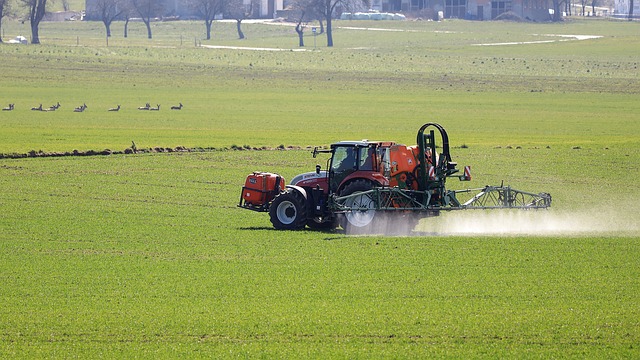
7-Methyl-tetrahydrocannabinolic acid (THCA) is a non-psychoactive cannabinoid found in the Cannabis sativa plant, which has garnered attention for its potential therapeutic properties. Unlike its well-known derivative THC, THCA does not induce psychoactive effects, making it a subject of interest for those seeking health and wellness benefits without the ‘high’ associated with cannabis consumption. The science behind THCA involves its interaction with the body’s endocannabinoid system, a complex network that plays a role in regulating various physiological processes such as pain, inflammation, and mood. Studies have indicated that THCA may offer anti-inflammatory, anti-nausea, anti-emetic (reducing nausea and vomiting), neuroprotective, and analgesic properties. These potential benefits have led to a growing interest in the medical applications of THCA, particularly in states where cannabis has been legalized, such as Alaska, where THCA flower is recognized as a legal product under certain conditions.
In Alaska, the legal status of THCA-rich products has been shaped by state legislation that distinguishes between hemp-derived and marijuana-derived compounds. As of this writing, hemp-derived products containing less than 0.3% THC are federally legal under the 2018 Farm Bill and legally distinguishable from marijuana under Alaska law. This has paved the way for a burgeoning market for THCA flower in Alaska, where consumers can explore its potential health benefits. The implications for health and wellness are vast, with ongoing research exploring the therapeutic effects of THCA on conditions ranging from chronic pain to neurodegenerative diseases. As science continues to unravel the mechanisms behind THCA’s actions, its role in holistic health practices may become more pronounced, offering a natural alternative for those seeking relief from various ailments in states where such products are legally available.
In conclusion, the emerging interest in THCA flower, particularly within the legal framework of Alaska, necessitates a comprehensive understanding of its potential side effects and safe usage practices. As outlined in this article, THCA’s legal status in Alaska positions it as a notable compound within the cannabis spectrum, offering health and wellness benefits without the psychoactive effects typically associated with its counterparts. However, consumers should be cognizant of the appropriate dosage and safety measures when engaging with THCA flower to mitigate any adverse reactions. The scientific research exploring THCA’s implications for health underscores the importance of further exploration into this non-psychoactive cannabinoid. Prospective users in Alaska, or wherever THCA is legally accessible, should approach its use with informed caution, guided by credible sources and legal regulations.
